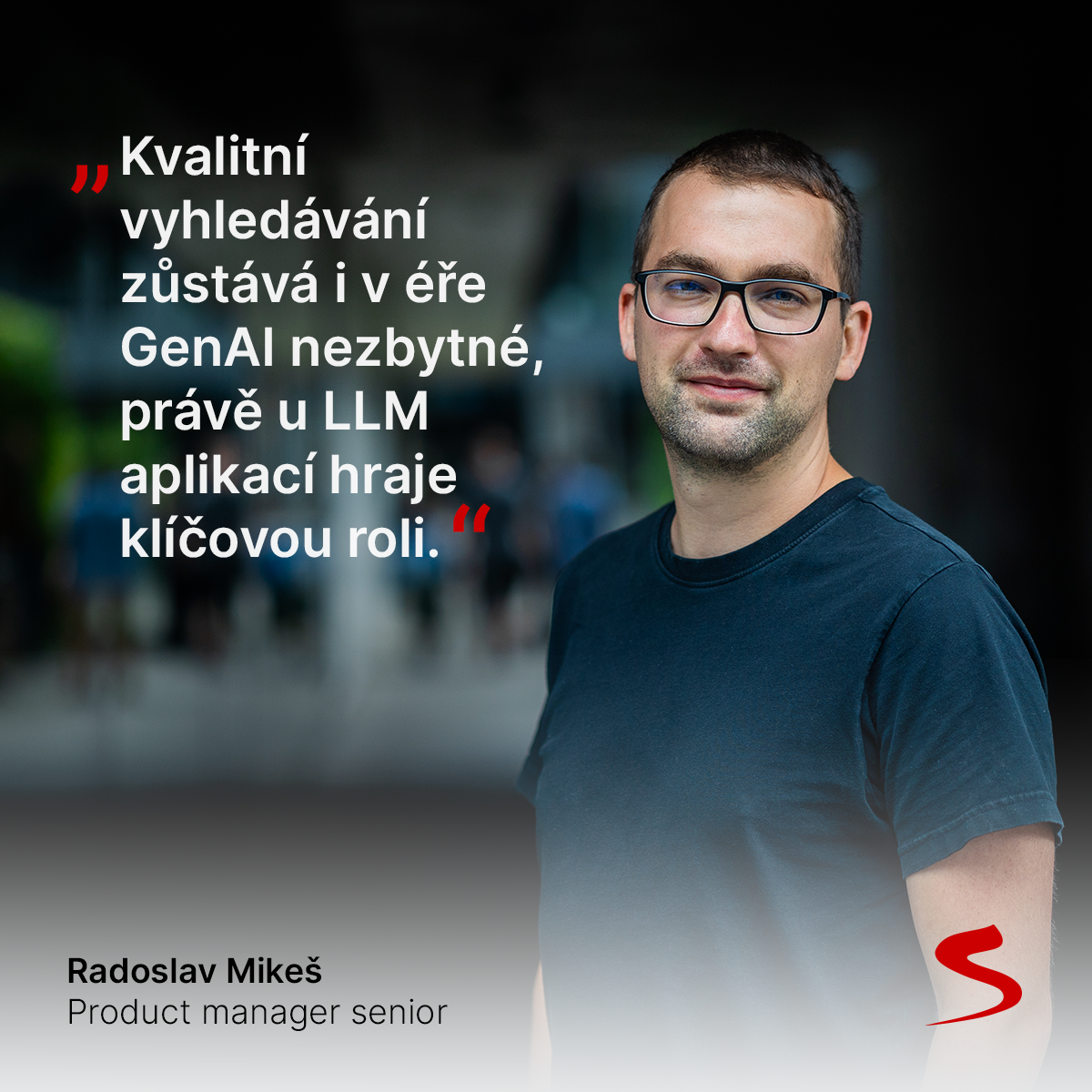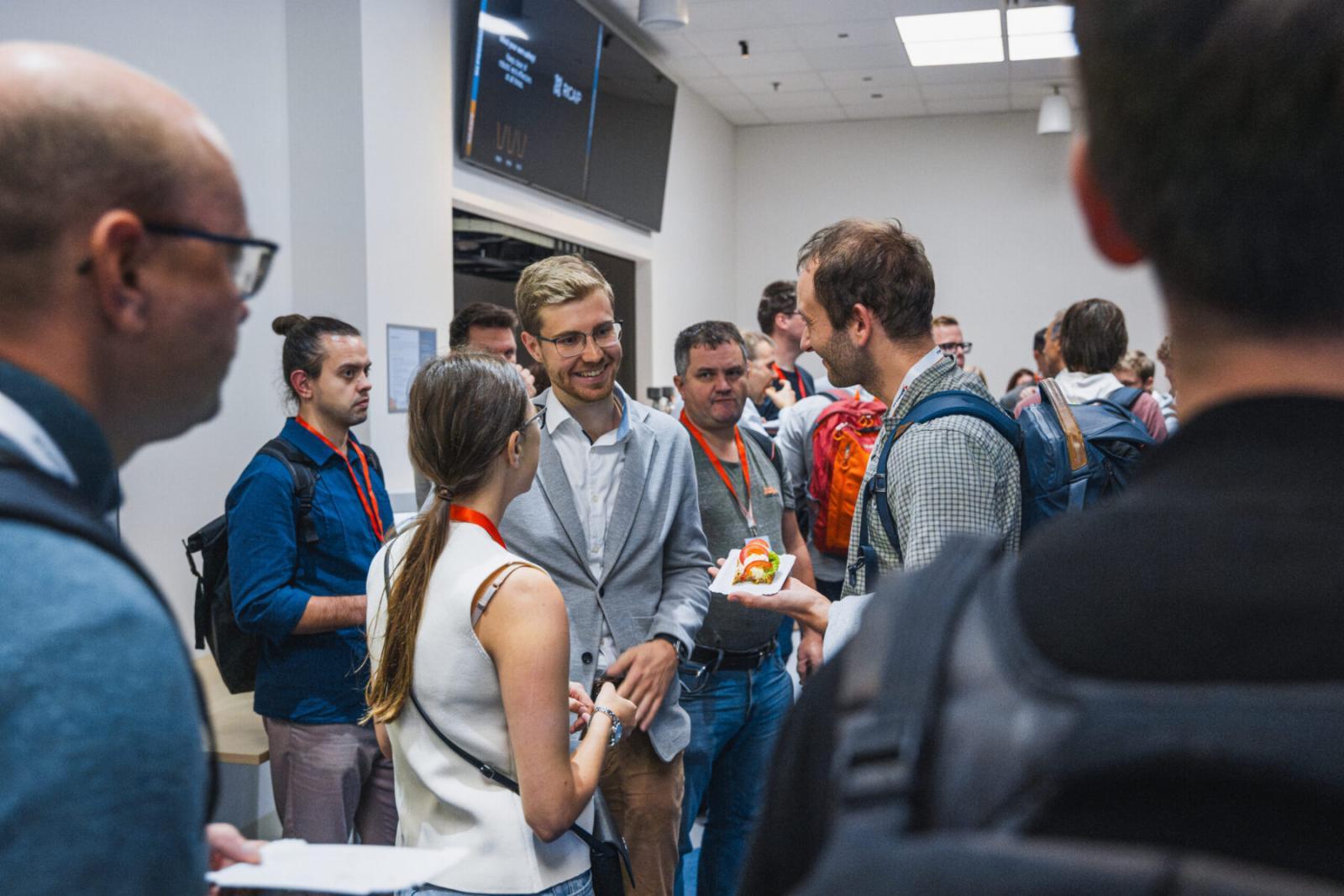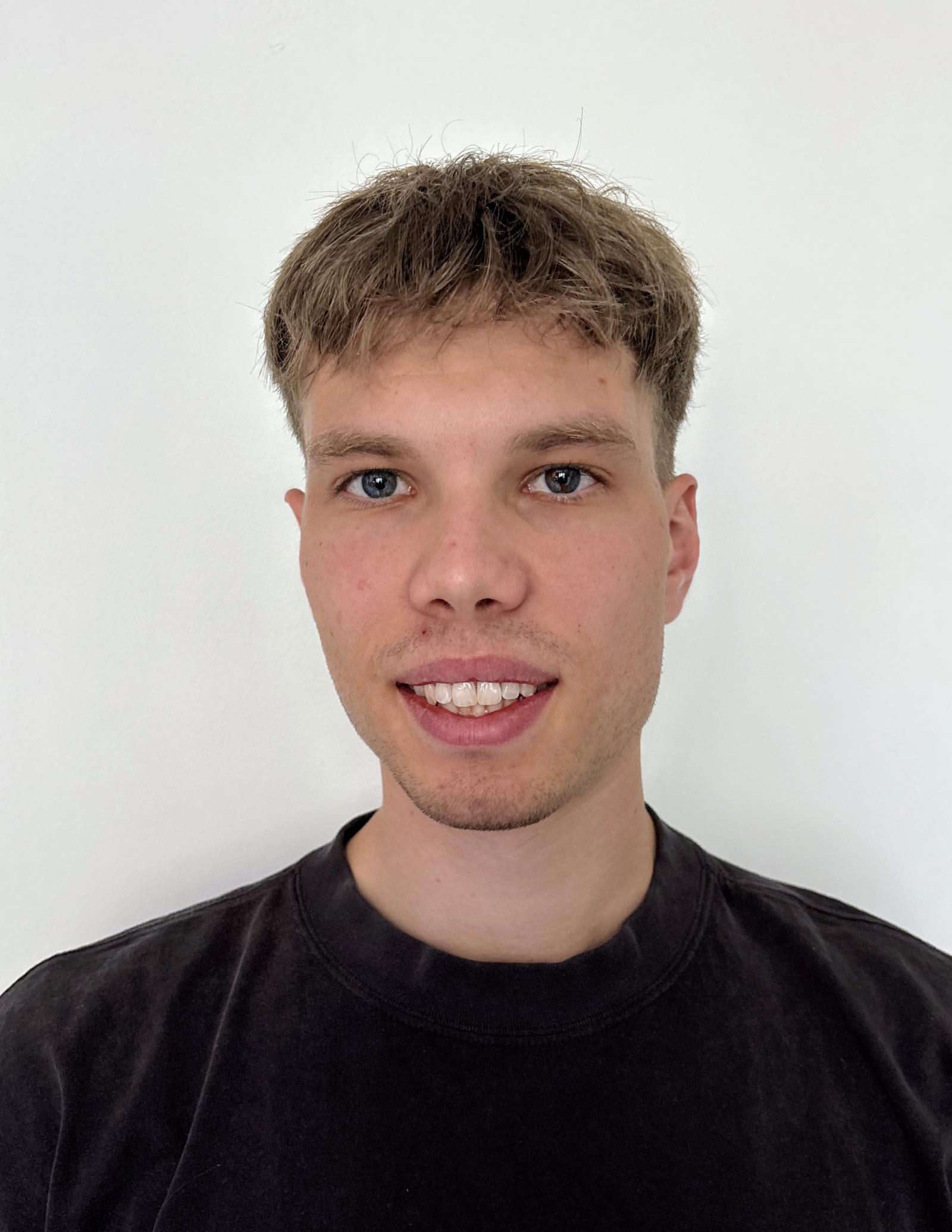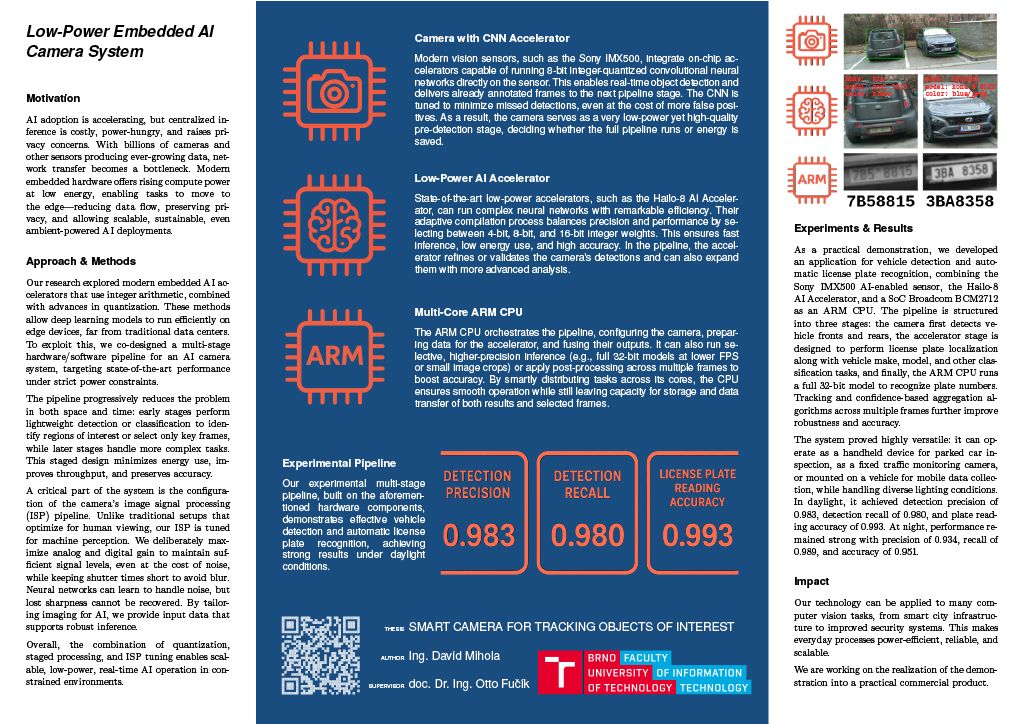On technology transfer: Jan Kořenek presented the topic at several events and achieved significant success.
|
Putting research results into practice is a key goal for many experts. In the second half of October, the most qualified person spoke about technology transfer at several public and professional events. Associate Professor Jan Kořenek described his experiences from long-term cooperation with the CESNET association in the field of cyber security for high-speed networks. He also presented the case of a successful university spin-off, DynaNIC Semiconductors, which has its roots at FIT VUT. The technology company focuses on the development of advanced network solutions based on the use of FPGA technologies, which significantly accelerate network traffic processing by transferring demanding network operations from the processor to programmable network cards with data flow speeds of up to 400 Gb/s. Last year and this year, the company not only attracted repeated interest from investors, but also won the prestigious Disrupt Awards competition. Kořenek presented the topic of "Czech Network Security Research" on October 20 at the seventh annual Czechia-Taiwan Technology Days. He described the innovative ecosystem of cooperation between universities, CESNET as a unique testing environment, and technology transfer to spin-off companies and technology firms. A day later, he presented the technology start-up and BUT spin-off DynaNIC at the ECSO (European Cybersecurity Organisation) Cyber Investor Days 2025. Based on the presentation, DynaNIC, together with Logmanager, was selected as one of the finalists for the ECSO European Cybersecurity STARtup Award. The final round of the competition is scheduled to take place next year in Brussels. Jan Kořenek also participated in an international investment conference called the Engaged Investments Conference, specifically its discussion panel focused on technology transfer. The conference was attended by 300 investors and those interested in venture capital in Central Europe, with a focus on deep tech, AI, and critical infrastructure. More information about individual events can be found here. Technology transfer is an important role of universities. We would like to thank Associate Professor Kořenek for doing his utmost in this regard. |
![[img]](https://www.fit.vut.cz/fit/news-file/d307241/FBIG_2_1600.png)


![[img]](https://www.fit.vut.cz/fit/news-file/d306903/2510-HR-meetup-LLM-1200x1200_1600.png)
![[img]](https://www.fit.vut.cz/fit/news-file/d307196/VUT_CZ_kickoff_1600.png)
![[img]](https://www.fit.vut.cz/fit/news-file/d306648/Datas__l_centra_IT4Innovations_1600.jpg)


![[img]](https://www.fit.vut.cz/fit/news-file/d305994/Slavnostn___vyhl____en___2024_1600.jpg)